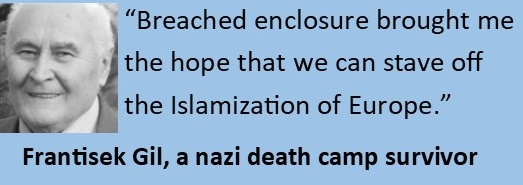The West is finally admitting that they can’t take sanctions for long. That they are far more damaging to its economy than they are to the Putin regime.
Sociologically, it is interesting why some people can admit this and there is a debate about it, while this is not the case with other issues (migration, the Green Deal, gender, etc.).
It is interesting why some people can admit troubles with the war and there is a debate about it, while this is not the case with other issues (migration, the Green Deal, gender, etc.).
The logical explanation is that some profit from war and others lose. Those who profit are more numerous among the rich, but it’s not entirely clear-cut. Even many members of the upper classes lose. So it is financial interest versus financial interest and power interest versus power interest. There is no such thing as a unified class interest of those at the top. Chaos. Similar to covide, which has been super beneficial to pharma but devastating to, say, the aerospace industry.
Why is it that sometimes a common interest of the upper class is created and not elsewhere? I suspect one of the key factors is time. The management culture is creative, and every day it happens that some of those who were profiting yesterday find some way to take advantage of the situation. That’s exactly what happened with the Green Deal. At first, most of business was against it, but gradually they learned to get rich off the climate madness until they began to unanimously support it. It would be no different with a war if it lasted long enough.


